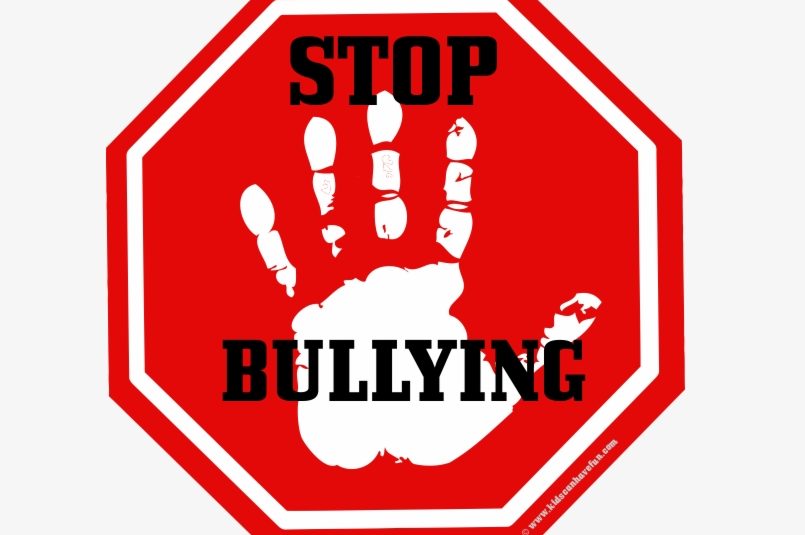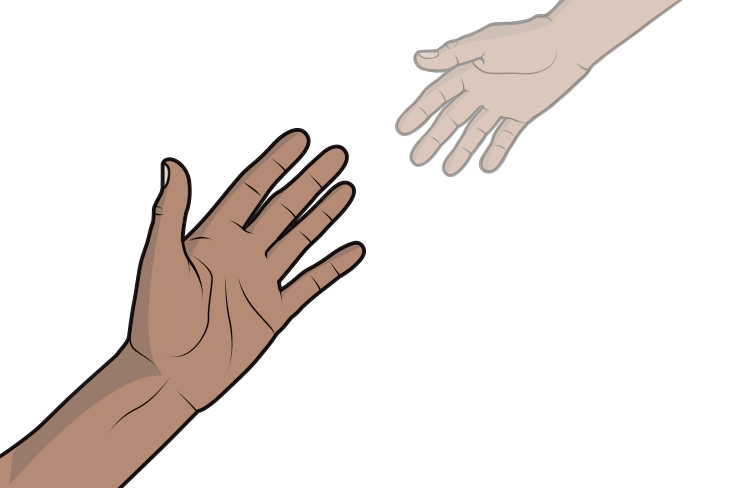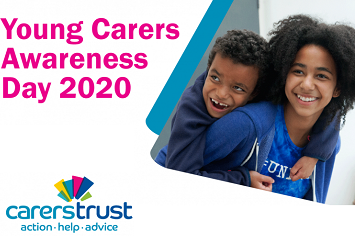Quantifying caring
I know from personal experience that caring can be extremely rewarding. It can also impact on our health and wellbeing in dramatic ways. There’s substantial evidence demonstrating that carers on average suffer poorer physical and mental health than those without ongoing caring obligations.
When I talk to people about the importance of supporting them, I am often struck by how many perceive carers as simply being middle aged or elderly.
As we mark Young Carers Awareness Day, it’s worth noting in my part of the world we have an estimated 260,000 carers living across West Yorkshire and Harrogate. In 2018, a BBC investigation estimated 800,000 young carers across England – and the figure is likely to be even higher now.
This number includes thousands taking on caring roles from as early as five years old, helping to look after someone in their family who is ill, disabled or misusing drugs or alcohol.
Caring for someone can be isolating, worrying and stressful. For young carers, this can negatively impact on their experiences and outcomes in education, having a lasting effect on their life chances.

A personal perspective
As a mother myself, I can’t imagine my own children taking on such responsibilities, tasks like cleaning, shopping, cooking and caring for me or my family.
These and other everyday tasks can put extra pressure on them and result in young people growing up too fast at the expense of their education, careers and social lives.
These young people are often referred to as young carers. A young carer is someone under the age of 18 who helps look after someone in their family, or a friend, who is ill disabled or misuses drugs or alcohol.
Many of them feel that they do not have a choice and are often too afraid to ask for help because they are so fearful they will be removed from their families.
Like many carers, their biggest priority is the health and wellbeing of those they care for. As such, they are more likely to neglect their own health and put off seeking treatment and support for themselves.

The hidden cost of caring
Without support, young carers struggle to attend school, thrive in their studies or gain employment, with some reporting bullying precisely because they have caring responsibilities.
This is especially true for young carers from Black, Asian and Minority Ethnic (BAME) communities with many of them being expected to interpret deeply personal medical information.
The concept of being defined as a carer is unfamiliar to many within these groups, because helping your immediate and extended family is something that can be culturally expected.
A significant number of young carers from all backgrounds develop mental health problems directly as a consequence of caring.
The 2019 NHS England / Improvement GP Survey identified them as being less likely to report a long term health condition than their non-caring counterparts. Some also reported feeling lonely and isolated as a consequence of their caring role.
 Acceptance and identity
Acceptance and identity
One of the biggest barriers to providing the right care and support, is the understandable mind-set of young carers not to self-identify and recognise their caring responsibilities for what they are.
Meanwhile, those who do don’t always know what resources are available or who to turn to when they need support. It’s so important that no young person feels they have to manage this alone.
That’s why West Yorkshire and Harrogate Health and Care Partnership is working with our partners in the local councils, primary care, community care and the voluntary and community sector to identify young people who are carers and offer them support that is timely and meaningful.
This support can be as simple as homework extensions, respite care, or allowing them to keep their phones in class.

What's working locally?
In West Yorkshire and Harrogate Health and Care Partnership our carers programme has a specific workstream focused on supporting young carers.
This includes a roadshow of events to encourage young carers to consider working in health and care and developing a forum where they can contribute to and shape our work and potentially work in the sector.
We are also working with all our partners to support the proactive identification of young carers and enable them to access the support they really need.
We know more needs to be done to support these amazing young people. That’s why we celebrate their love, kindness and dedication on Young Carers Awareness Day and recognise the many challenges they face, seven days a week, 52 weeks of the year.
That’s also why we are encouraging everyone – organisations and individuals - to do more to proactively identify young carers and deliver the recognition, care and support they deserve. We can all do our bit to help.
Find out more
#YoungCarersAwarenessDay #CountMeIn
